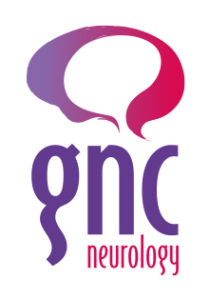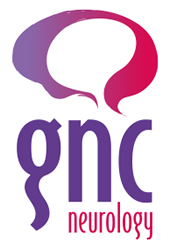Traumatic brain injury (TBI) is an acquired brain injury that usually results from a blow or jolt to the head or body. An object that goes through brain tissue, such as a bullet or shattered piece of skull, can also cause a TBI.
Mild TBI may affect the brain function temporarily. A more serious (moderate-severe) TBI can result in bruising (contusions), bleeding (subdural haemorrhage, subarachnoid haemorrhage, extradural haemorrhage, intraventricular haemorrhage) and other physical damage to the brain. These injuries can sometimes result in long term complications or death.
A mild TBI may result in neuropathological changes, but the acute clinical symptoms largely reflect a functional disturbance rather than a structural injury. As such, no abnormality is seen on standard structural neuroimaging studies.
Concussion is a term that is used by people to describe a mild TBI. Neurology specialists within the field of TBI refer to this as mild TBI and not concussion.
There are many classification systems used to classify TBI, but the Mayo classification system is the most commonly used system.
TBI can have wide ranging physical, cognitive and psychological effects. Some signs or symptoms may appear immediately after the traumatic event, while others may appear days or weeks later.
In moderate-severe TBI the injury can cause post traumatic amnesia (PTA) or alterations in consciousness, seizures, severe behavioural and mood changes. The length of time in PTA indicates the severity of the TBI. During PTA a person will be disorientated, find it difficult to retain new information, and may become agitated due to the severe cognitive impairment.
In a mild TBI the symptoms usually settle over time, with the vast majority spontaneously improving within three months.
Symptoms may include headaches, poor sleep, dizziness and unsteadiness, double vision, poor concentration, memory or attention problems or mood swings and irritability. Thinking skills can be affected and cause difficulty with multi-tasking, decision making, focussing and processing of complex information.
After a mild TBI it is important to rest and avoid stressful situations to allow the brain to recover. Avoiding alcohol is also important, as this may worsen the symptoms. Slowly and gradually increasing exercise is also helpful.
You should ask someone to stay with you for the first 48 hours after a TBI, so they can look out for problems such as changes in your behaviour or difficulty concentrating.
There is no guaranteed way to prevent a mild TBI, but there are some simple things you can do that may reduce your chance of a head injury.
These include:
- Wearing the recommended equipment when taking part in a contact sport, such as rugby or boxing.
- Making sure any contact sport you or your child are taking part in is supervised by a properly qualified and trained person.
- Wearing a seatbelt when driving.
- Wearing a helmet when skiing, riding a motorcycle, bicycle, scooter or horse.
There has been much publicity recently regarding the longer term impact of mild TBIs. At present there are many active areas of research within this field, and there are many questions that are currently unanswered. Dr Griffin can discuss these with you during your consultation.

